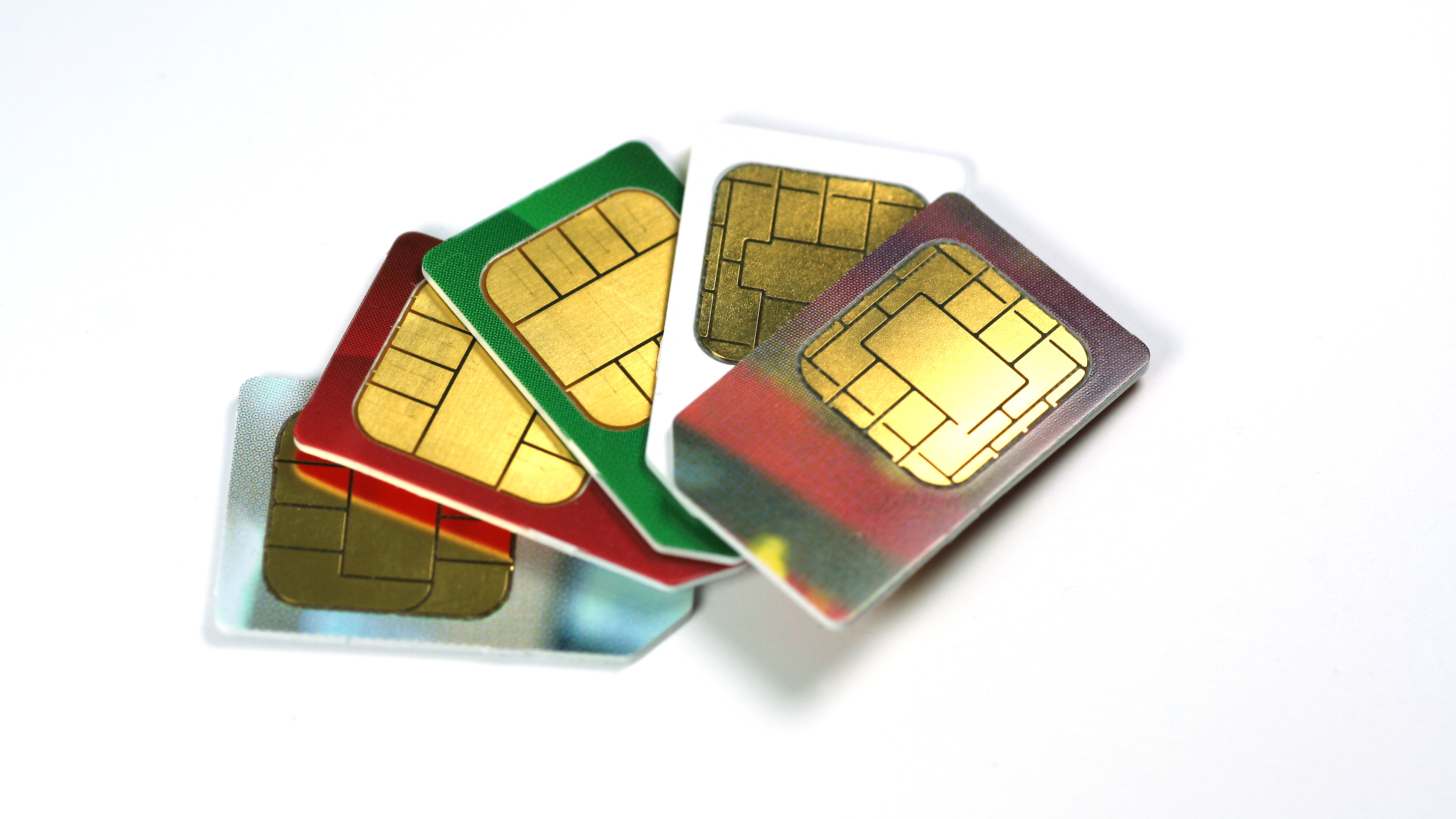What is an MVNO and should I use one?
Should you get with a Mobile Virtual Network Operator (MVNO) now?

Sign up for breaking news, reviews, opinion, top tech deals, and more.
You are now subscribed
Your newsletter sign-up was successful
An MVNO, or Mobile Virtual Network Operator, is a great way to find deals on networks which offer you more for less. That's it at its most basic. You may have come across one in our SIM only deals guide, as they're usually pretty impressive.
So should you make a saving and use an MVNO? Or go with the big network name MNO options instead?
How does an MVNO work?
The major mobile network operators (MNO) include the likes of EE, O2, Vodafone and Three. These all own and maintain their own network of physical infrastructure which allows for signals to be sent and received nationally.
These networks have plenty of spare capacity on those physical systems, which is why they effectively sub-let them to MVNOs. The MVNO appears like a separate network to the user, but in reality it runs using the same physical hardware as the big name network it's renting the hardware from, essentially.
Why are MVNO options good?
Since an MVNO doesn't have to worry about all the physical costs of running a phone network, it has far lower costs, meaning it can offer lower prices.
This can also mean you get other benefits and extras that being on the main network might not offer. Yet you're still accessing that network's coverage meaning you should get as good cover.
An example of a perk is in the case of BT Mobile, which will offer you discounts if you're a BT Broadband customer. Or, likewise, could help you make a saving by signing up to more than one offering from BT.
Sign up for breaking news, reviews, opinion, top tech deals, and more.
What's the bad side of an MVNO?
Of course using an MVNO isn't all positives. The big networks still have some advantages which can make the higher prices justified.
There are usually limits on an MVNO. For example Three, as a MNO, will offer you unlimited data plans. But if you use iD, which is an MVNO on Three's network, you'll generally have plan options with limited data in order to make a saving on cost.
4G, and now 5G, access can be another issue. While the main networks generally offer this, some MVNOs won't have those top speed offerings.
While perks on the MVNO options can be great, there are even better ones when you pay more for a main network. Things like TV subscriptions, free Wi-Fi hotspot access and use of your phone abroad are a few positives that MNOs offer.
What are the main MVNO providers?
The big names in the MVNO world are iD, on Three; giffgaff, on O2; Tesco Mobile, on O2; Sky Mobile, on O2; Asda Mobile, on EE; BT Mobile, on EE; FreedomPop, on Three: Lebara Mobile, on Vodafone; Smarty, on Three; Voxi, on EE; and Virgin Mobile, on EE.
Read more:
- Broadband deals - compare the cheapest internet plans around
- EE SIM only deals - check the best options on the fastest 4G network
- Mobile phone deals - where can the cheapest contracts be found?
Luke is a freelance writer and editor with over two decades of experience covering tech, science and health. Among many others he writes across Future titles covering health tech, software and apps, VPNs, TV, audio, smart home, antivirus, broadband, smartphones, cars and plenty more. He also likes to climb mountains, swim outside and contort his body into silly positions while breathing as calmly as possible.
